
Weedkiller will be used on the streets of Brighton and Hove again despite a petition signed by more than 7,000 people objecting to the return of glyphosate.
Elspeth Broady presented the petition – headed “Keep Brighton and Hove free of toxic weedkillers” – to Brighton and Hove City Council weeks after members decided to use a “controlled droplet” approach to rid the streets of weeds.
The council previously scrapped the use of glyphosate, sold commercially as Roundup, in 2019 – and the “cliff edge” approach has been blamed for rampant weed growth, particularly in the suburbs, in the years since.
Ms Broady presented the petition to a meeting of the full council at Hove Town Hall last Thursday (28 March) on behalf of the organiser Clara Usiskin.
She said:
“Glyphosate is water soluble and Brighton and Hove is unique in that it sits directly above an aquifer which provides our drinking water. This absolutely should not be put at risk of glyphosate contamination.
“Glyphosate, indeed any weedkiller, has many negative effects on the environment. It’s not selective, killing all plants that come into contact with it, which means fewer wildflowers and habitats, with a reduction in insects and other food sources for wildlife.”
Ms Broady urged the council to find an organic solution, saying that biodiversity had improved in Brighton and Hove since glyphosate was banned, with more hedgehogs, starlings and sparrows.
Labour councillor Tim Rowkins said that the council would look to phase out glyphosate again in the future, once the controlled droplet approach had tackled the “five full years of unchecked growth”.
Contractors would be expected to use a “controlled droplet” approach, with the herbicide suspended in an oil-based solution and applied to individual weeds rather than sprayed as previously.
Councillor Rowkins, who chairs the council’s City Environment, South Downs and the Sea Committee, said:
“It is my firm belief that the ‘cliff edge’ ban and the absence of a strategy to manage the problem in the years following 2019 has led to the situation in which we found ourselves.
“If you ask me the simple question, ‘do you want to use glyphosate?’ my answer is an easy no. But we don’t have the luxury of taking such a simplistic view.
“We also have to consider our duty to maintain safe and accessible pavements for all our residents.”
Councillor Rowkins said that there were no plans to use glyphosate on grass verges, parks and other green spaces – and he welcomed residents helping street teams to keep the weeds at bay.
Green councillor Kerry Pickett asked for a report on the return of glyphosate, a clear plan for a review of the herbicide’s use and detailed options for an opt-out scheme for residents.
She said that there had been community meetings because people were concerned about the weedkiller and there was no public consultation on its return.
Councillor Pickett said:
“In France, pavements are the joint responsibility of council and residents. The municipal decree states that residents must weed the pavement in front of their house or flats.
“Individuals are not entitled to use glyphosate for their garden or pavement because the water from these areas goes straight into the drains without treatrment. All weeds are manually removed by individuals or council workers.”
Councillor Pickett added that Southern Water had advised the council against reintroducing glyphosate – but her request for a report was rejected.
Brighton and Hove Independent councillor Mark Earthey said that there was a great concern about the return of weedkiller among the residents of “semi-rural” Rottingdean and West Saltdean
Councillor Earthey said:
“There is a ridiculous conflict in this city between various councillors, officers and action groups who want to encourage biodiversity, and another group of councillors, officers and action groups who are very keen to kill it.
“I’m under great pressure from my residents to commission a report and get to the bottom of it once and for all.”
Conservative councillor Carol Theobald said that the council would not be the first to reverse a ban on glyphosate, citing Isle of Wight and North Lanarkshire councils.
She said that weeds were the “number one” issue raised by residents in her ward, Patcham and Hollingbury.
Councillor Theobald said:
“This is very dangerous, especially for elderly residents and those with mobility problems, and difficult for wheelchairs and buggies. There have been accidents with people tripping up and falling over.
“Some residents cannot even sit on bench seats especially at bus stops because the grass and weeds are more than a foot high. In some cases, verges are even 2ft high.
“Dogs have had seeds stuck in their paws which has resulted in their owners facing substantial vet bills.”


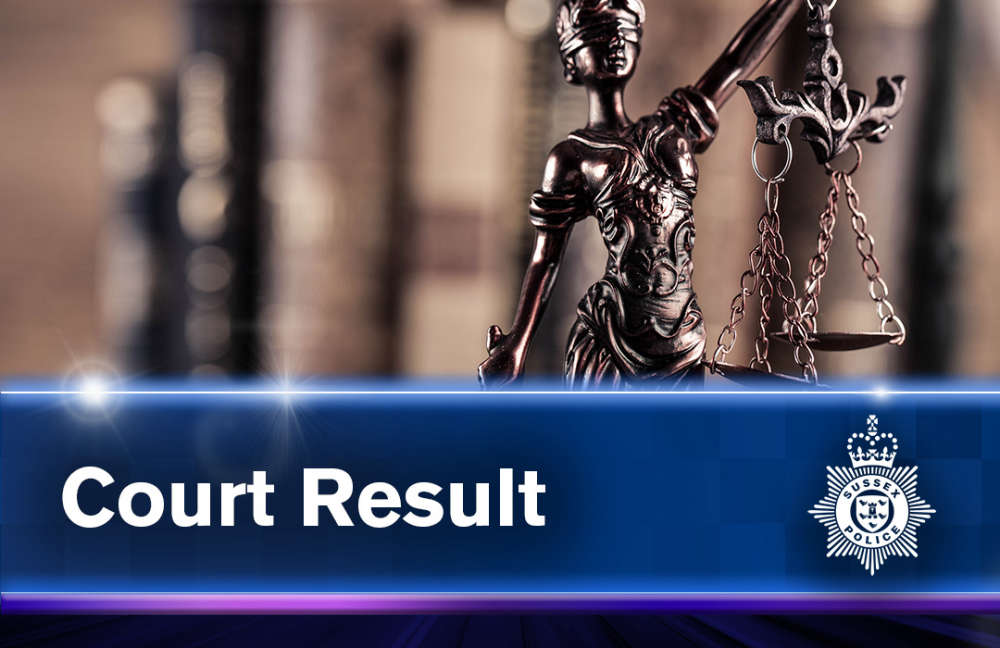 Man Admits To Damaging Cars In Bognor
Man Admits To Damaging Cars In Bognor
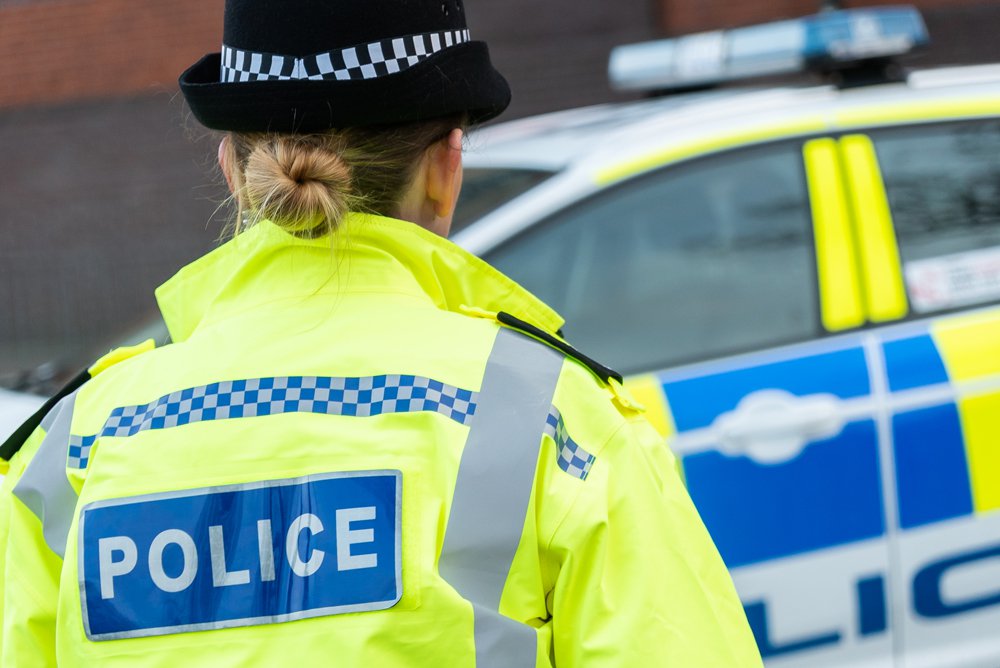 Two Men Arrested In Connection With Brighton Rape
Two Men Arrested In Connection With Brighton Rape
 Appeal Following Assault In Horsham Shop
Appeal Following Assault In Horsham Shop
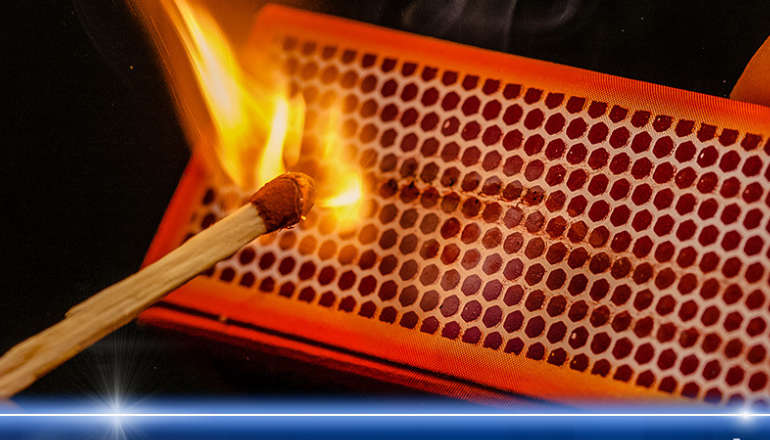 Appeal After Arson At Gym In Burgess Hill
Appeal After Arson At Gym In Burgess Hill
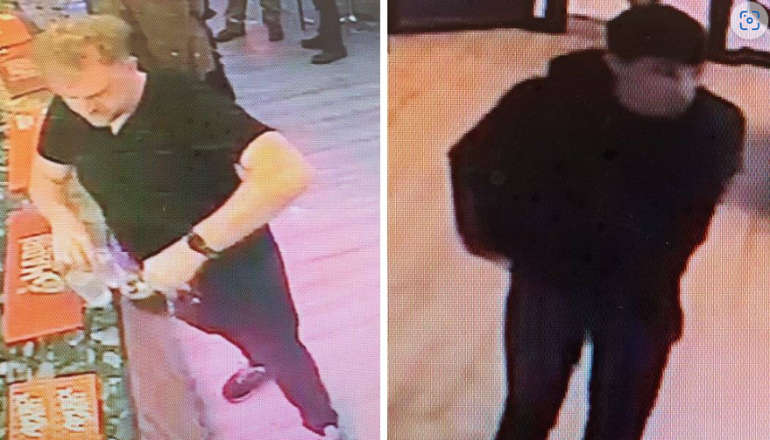 Two Men Sought In Connection With Brighton Rape
Two Men Sought In Connection With Brighton Rape
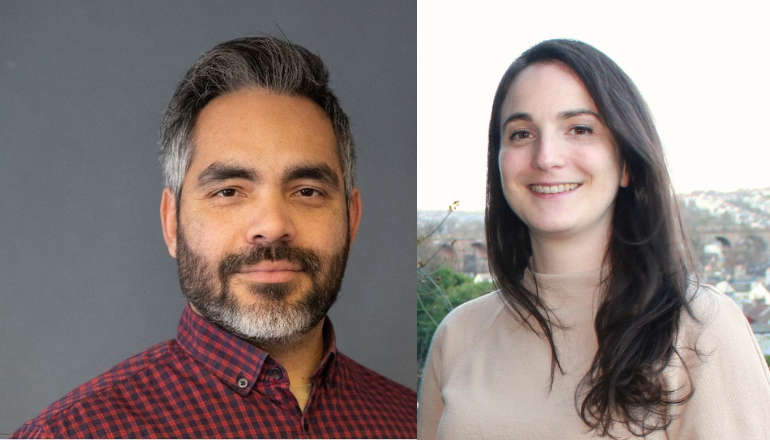 Councillors Support Baby Box Partnership With Charities
Councillors Support Baby Box Partnership With Charities
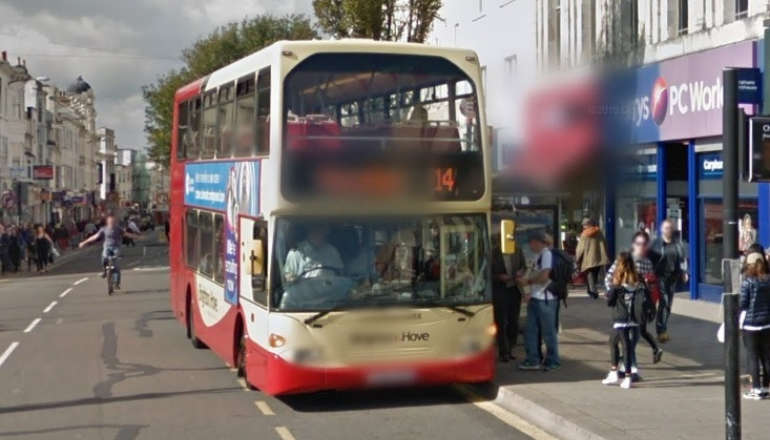 Brighton And Hove Bus Fare Cap Bid Foiled By Cost
Brighton And Hove Bus Fare Cap Bid Foiled By Cost
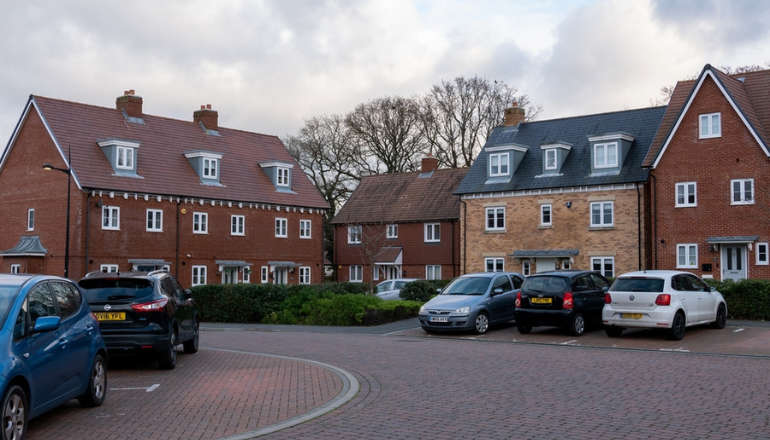 New Medical Centre Scoping Exercise Agreed By Wealden Council
New Medical Centre Scoping Exercise Agreed By Wealden Council
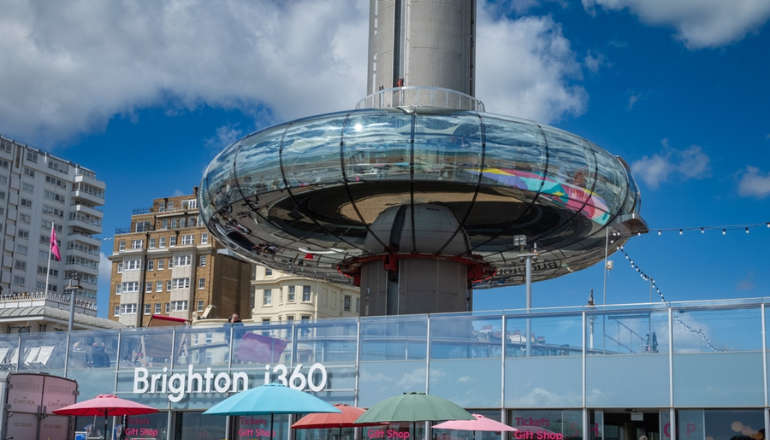 'Out Of This World' Ideas Put Forward For Future Of Brighton i360
'Out Of This World' Ideas Put Forward For Future Of Brighton i360
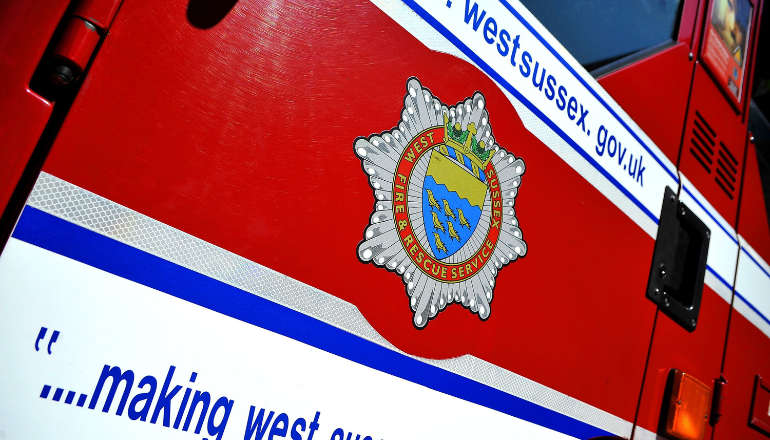 New Fire Engines For West Sussex
New Fire Engines For West Sussex